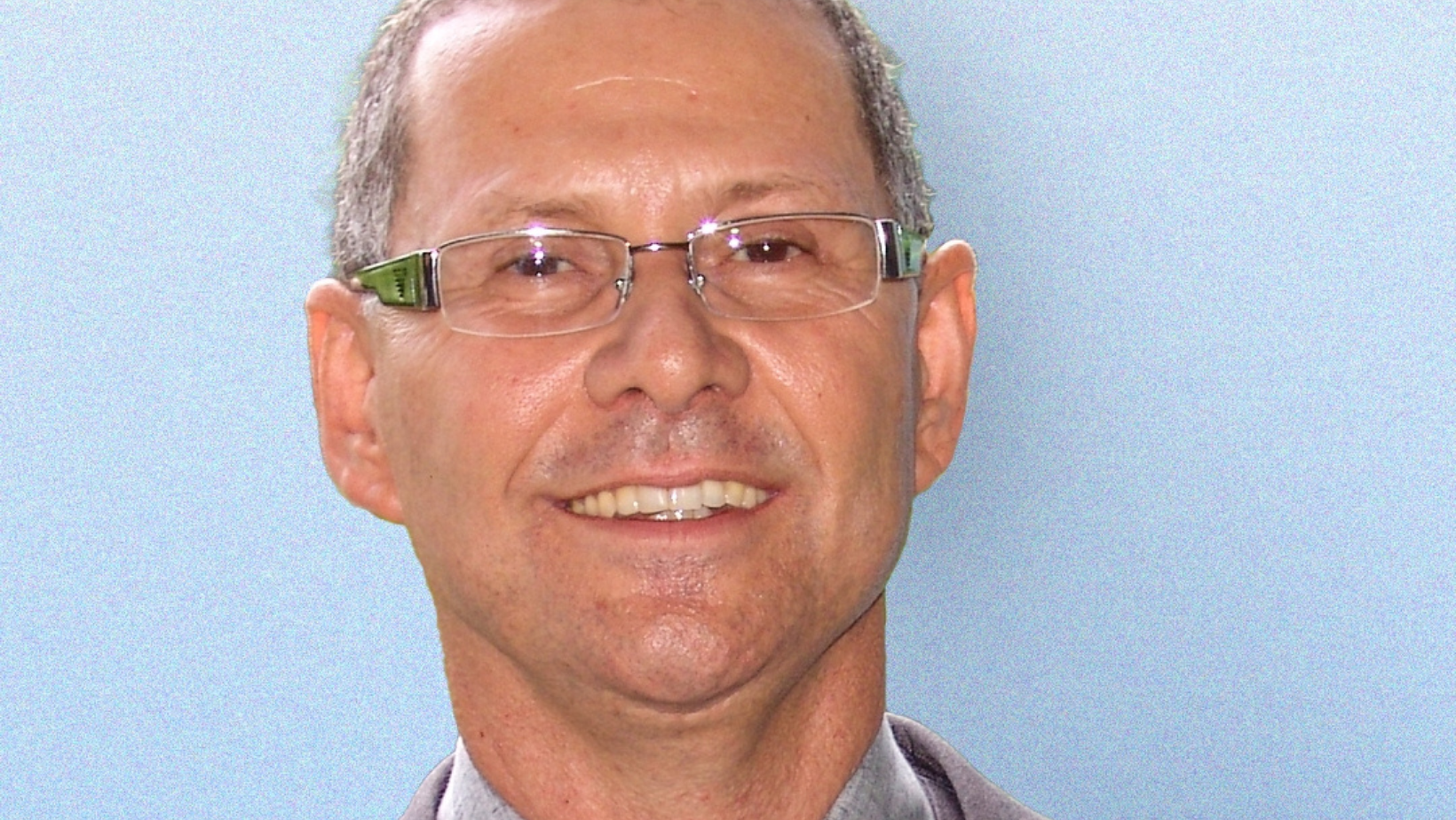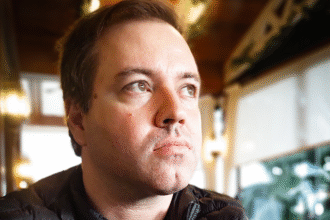In the fictional city of Itamarã , in southern Bahia, the novel Os Decembers of My Life by Bahian author Pedro Lopes explores the struggle of four gay friends to hide their true identity in an environment of conservatism and prejudice. Set in the 1970s, the work traces the emotional journey of Carlos, Roberto, Elias and Abraão, who are forced to adopt typical masculinity behaviors to avoid discovering their sexual orientation. The book reveals, through an intimate diary written by Carlos, the deep pain and sacrifices made to maintain appearances, while at the same time highlighting strength and the search for happiness.
While the protagonists face social pressure and the fear of being unmasked, they resort to desperate actions to ensure their acceptance, such as frequenting prostitution houses and provoking fights. The raw and realistic narrative, based on Lopes’ own experiences as a gay man, exposes the repressed passions, sham marriages and even suicide attempts resulting from social oppression. More than a portrait of the sadness of a homosexual experience, The Decembers of My Life is an ode to freedom and the right to be happy, challenging society to recognize and embrace individual authenticity.
Pedro Lopes, who makes his fiction debut with this work, combines his academic training and personal experience to offer a powerful reflection on the struggle for acceptance and the desire to free oneself from social constraints. With a sensitive and provocative approach, Lopes invites readers to reflect on the importance of owning one’s own story and fighting for recognition in a world that often tries to silence authentic voices.
In the book “The Decembers of my Life”, you portray in a sensitive and realistic way the internal struggles of the protagonists. What was the process of creating the characters Carlos, Roberto, Elias and Abraão like, and how much of your own personal experiences did you bring to the narrative?
The process of creating the characters was based on two literary references and one philosophical reference: the naturalist realism of Aloísio de Azevedo, the human hypocrisy evidenced in the works of Nelson Rodrigues and the conception of human beings by the German philosopher Arthur Schopenhauer. My personal experiences are present in the book, complementing some moments of the narrative. However, I think that the four main characters are very far from my personal experiences. They are fearful and, unlike them, very early on, at 12 or 13 years old, I recognized myself as a gay person. Furthermore, I also understood early on that it would be pointless to fight against my sexual orientation, because that would only bring me pain and suffering.
The characters’ decision to adopt habits considered synonymous with masculinity to hide their true identities is a central theme in the book. Do you believe this issue is still relevant today? How do you see society evolving in relation to acceptance of sexual orientation?
Yes, it remains relevant. Even today there are many gay men, including those in our social circle, who behave like macho men for fear of coming out and being judged by society. As for the evolution of society in accepting people’s sexual orientation, it has happened both in Brazil and around the world, but in a slow and dispersed way, since despite the advances made, there are still countries that sentence men and women to death, just because they are homosexual.
The intimate diary format narrated by Carlos adds a deep layer to the story. Why did you choose this style of narration and how did it contribute to the construction of the plot and characters?
I was inspired by the oral storytellers of my childhood, especially my maternal grandmother. She told old stories, already happening in distant periods, with such great intimacy with the characters, that they seemed to be her close friends. So, I built Carlos and, based on him, I started composing the other characters, as well as the plot of the novel. I believe that this intimate diary format has led readers to identify, at this or that moment in the story, with some of the characters in the book.
The 1970s in southern Bahia is a crucial setting for the story. How did the culture and environment of the time influence the characters’ actions and decisions? Could you share a little about the research you did to accurately portray this era?
Yes, they did influence us, as much of who we are is the result of the environment in which we live. Three of the four main characters in the story are members of rich and powerful families in that conservative and backward city, Itamarã , where the story takes place. Families that would never accept having a gay member ‘dishonoring’ family tradition. There was no need for specific research, as I am the subject of that reality. I was born, raised and still live today in the south of Bahia. Also, the fact that I lived in three small cities helped me to faithfully portray the lives, habits and customs of the residents of Itamarã.
His book addresses heavy themes such as prejudice, repression and suicide attempts, but also celebrates the right to happiness. How do you balance these dualities when writing the story and what main message do you hope readers will absorb?
With this duality I wanted to demonstrate that, despite the difficulties, prejudices and discrimination, gay people can overcome all these obstacles and become fulfilled and happy people. I always say, plagiarizing the writer Euclides da Cunha, “gay people are, above all, strong”. I hope that after reading the book, people in general can reflect on how prejudice, conservatism and discrimination can be harmful and negatively transform people’s lives.

In addition to being a writer, you are an economist and professor. How do these different facets of your career influence your literary work? Are there elements of your research and economic experiences that are reflected in the way you approach social issues in your books?
I believe that our entire history, including our professional history, influences when we carry out work like this. As an educator, I always focus on welcoming and guiding gay teenagers and young people, which is the biggest reason for my concerns. Adolescence and youth are very difficult times for anyone. It becomes even more difficult for a gay person. Furthermore, the fact of teaching the Research Methodology and Techniques subject, in addition to the economics subjects, helped me substantially in the technical elaboration of the novel.
“The Decembers of My Life” is your fiction debut and you also published “Páginas de MPB”, analyzing popular music in Brazil. What are your next literary projects? Do you intend to continue exploring social and cultural themes in your future works?
Yes. Initially I will return to the history of popular music. Still in the second half of this year, I will be developing research, linked to the higher education institution where I work, on urban popular music in southern Bahia in the last three decades of the 20th century. Next, I will return to writing romance fiction. I intend to write two more novels, set in the south of Bahia and with an LGBTQIAPN+ theme, always focusing on conflicts, anxieties and pain, but also on the achievements and search for happiness of gay boys.
Follow Pedro Lopes on Instagram





